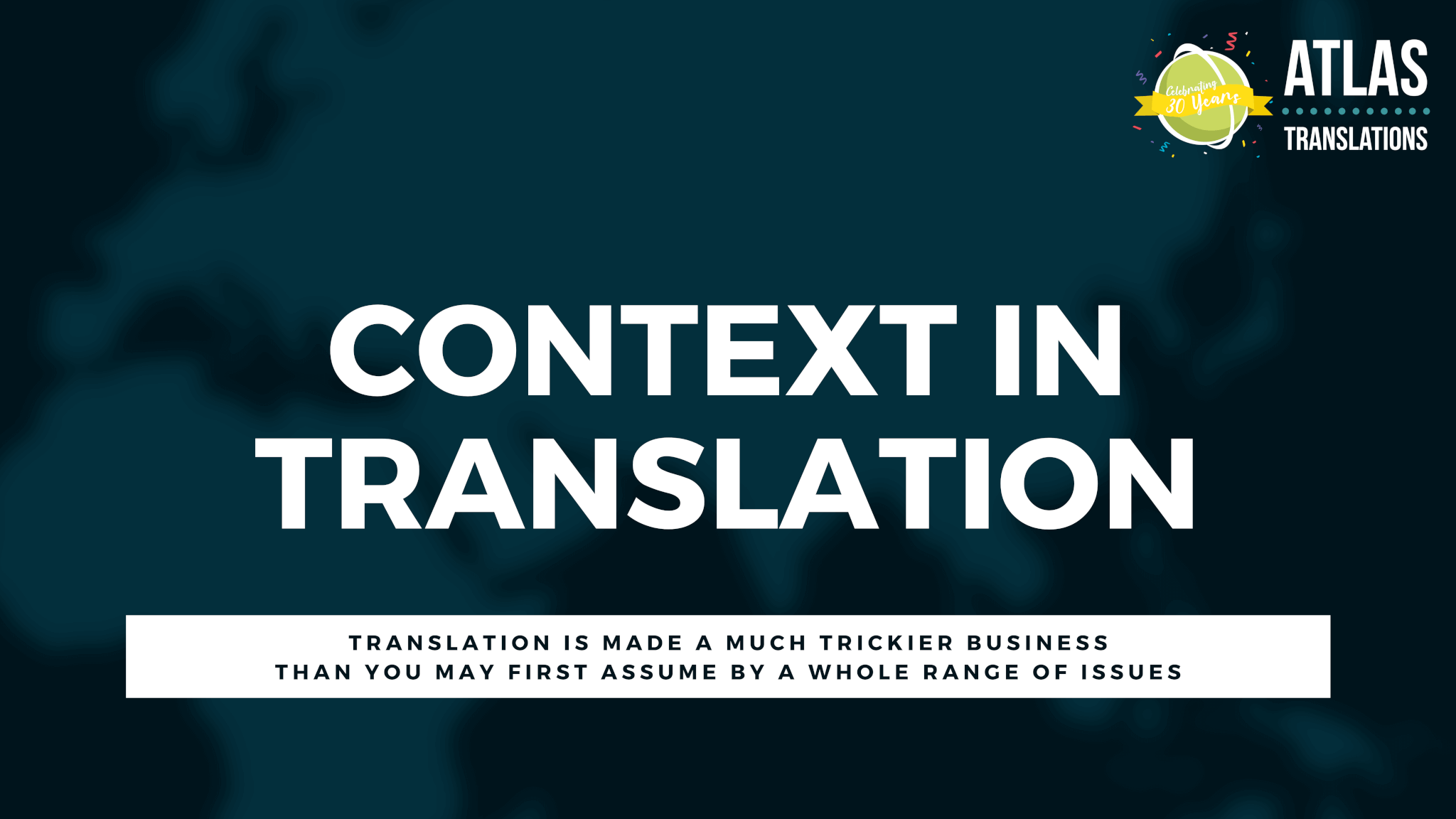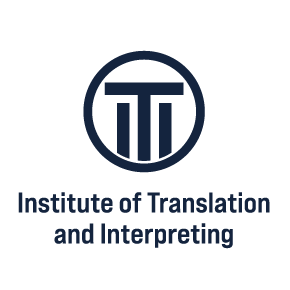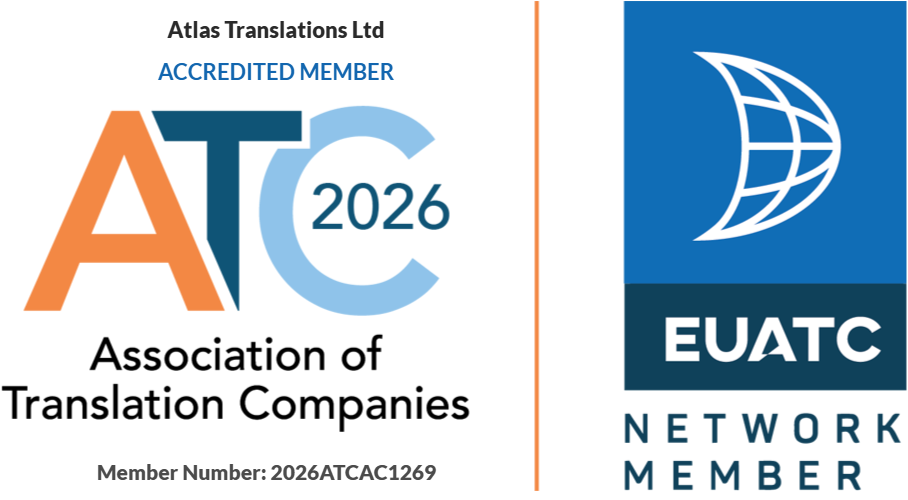Context in Translation

Translation can often look like an easy process – you might think that all you need is a pen, paper, and a dual-language dictionary. However, translation is made a much trickier business than you may first assume by a whole range of issues.
Context is one of the most important things to consider for any translator worth their salt. In our daily lives, we’re constantly using context clues, even if we don’t realise it at first. Factor in an entirely different language, and you’ve got plenty of room for confusion!
What exactly is context, anyway?
Context refers to the environment around us that helps us figure out how we should express and interpret ideas. Whether it’s the tone of our writing or the emotions we feel when reading, context plays a large role in the way we interact with the world.
The context of a piece of writing can change immediately when translated into a different language, especially if it’s intended for a large audience. Skilled translators are able to maintain the meaning of a certain idea even if the context needs to change entirely.
When can context be useful?
One of the many times where context can be important is for localisation services – when a marketing campaign or something similar needs to be translated for a brand new audience. Making sure word choice, connotation, and meaning all make sense is an essential step in getting it right.
Context isn’t only useful for marketing campaigns, though. In any language, there are plenty of words where the meaning can change dramatically based on the context. Context can be very different depending on both the language and culture, making it a necessary part of any translation process.
When can translation go wrong?
There are plenty of awkward examples of translation gone wrong in advertising. When KFC expanded to the Chinese market in the 1980s, their trademark ‘Finger Lickin’ Good’ slogan was wrongly translated to mean ‘eat your fingers off’!
As well as the translation blunder, it was an example of a failure to recognise cultural context. In China, licking your fingers after eating is considered rude, rather than a sign of a tasty meal.
Getting it right with Atlas Translations
At Atlas Translations, our highly experienced team has all the right skills to ensure marketing materials say exactly what they’re meant to. Our translators work in their native tongues to ensure cultural context doesn’t get left behind.
Providing additional context for your materials helps translators to make sure they get the correct meaning across every time. Get in touch with us today to find out more about the wide range of translation services we offer and how we can help you to break new ground!















